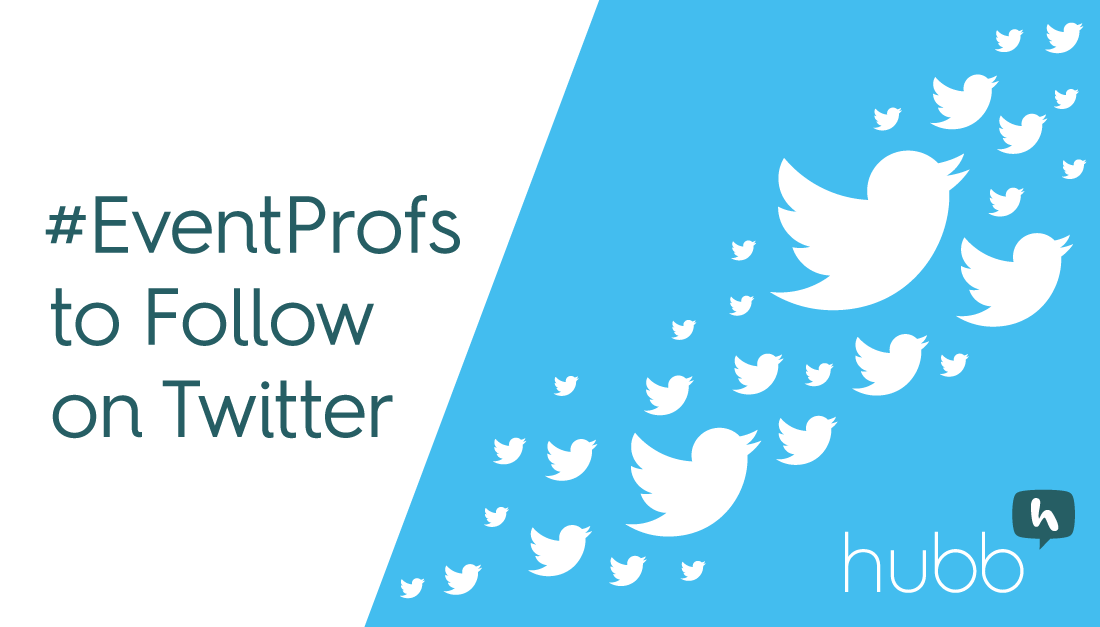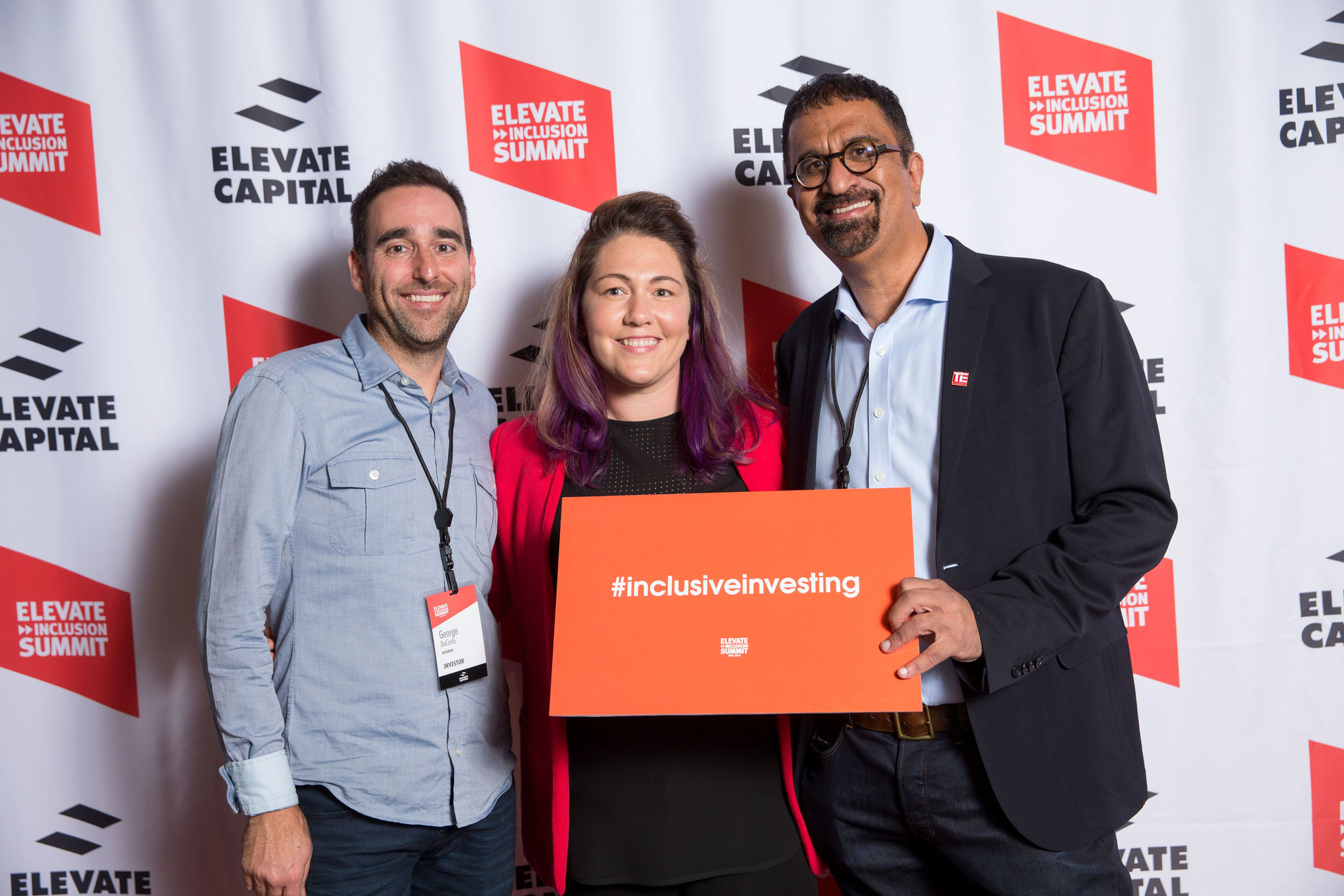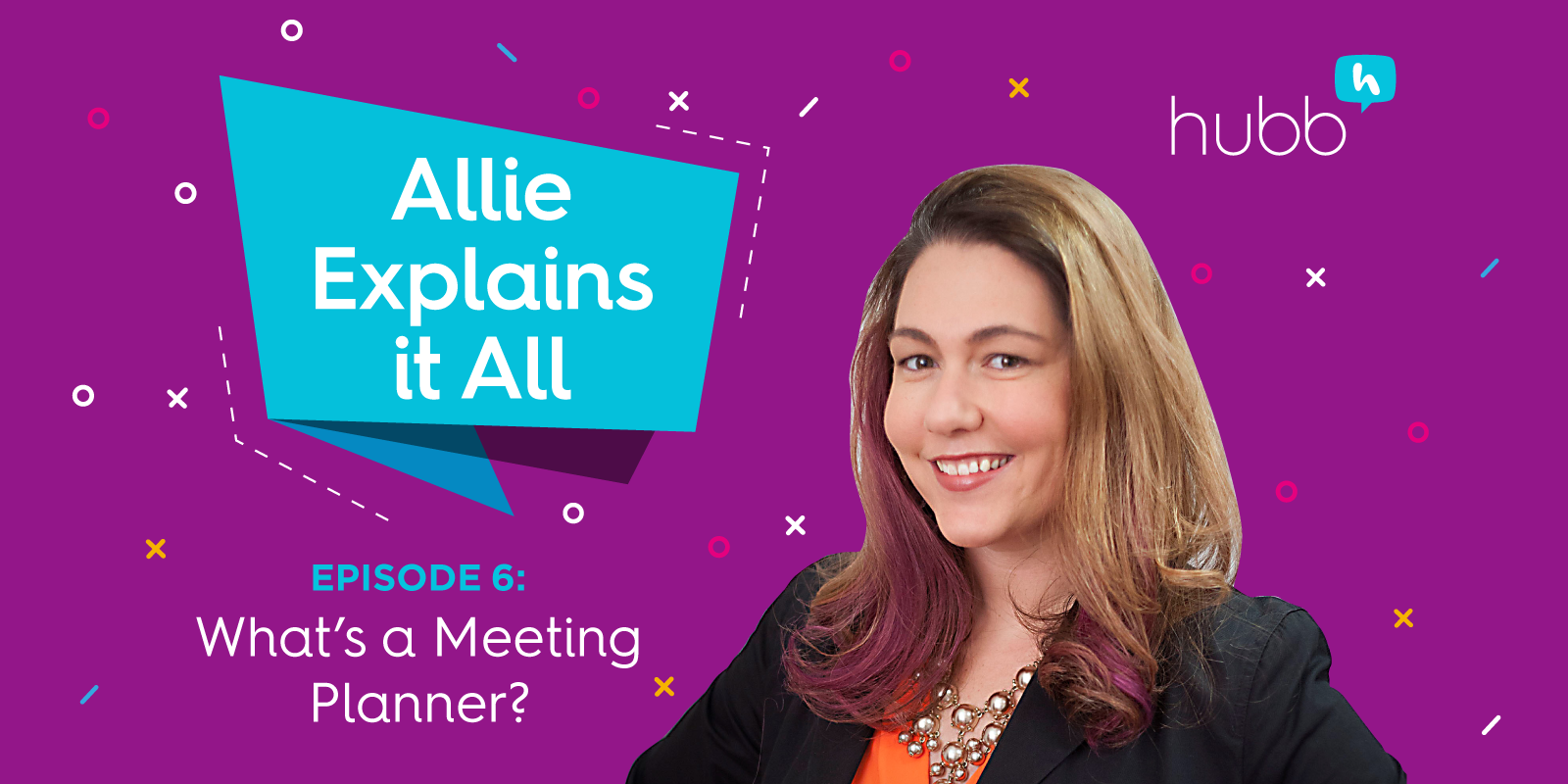
So you think you want to be a professional event planner?
Perhaps you've dabbled with event planning here and there. You oversaw a non-profit fundraising gala or helped coordinate your company’s user conference. You’ve had a taste of event planning, and it left you wanting more.
But which event planning skills and abilities are the most important? We asked #eventprofs from across the industry for their best advice to new event planners. We combed through the advice and identified what we think are five key skills in event management that every conference planner needs.
1) (Crazy) good work ethic
Be prepared to work hard. The job may look glamorous, but it requires long hours. You know those stats you hear about people who check email as soon as they wake up, or while they’re in the bathroom? Those people may be event planners.
One important quality of an event planner is a willingness to roll up your sleeves and help with everything. No task is beneath you, regardless of how many years’ experience you have under your belt. The best leaders are the first to climb under a table to level a wobbly leg, or to help clear trash during a reception.
2) Detail-oriented x10
When it comes to events, it’s never too early to start planning! People who don’t address their procrastination tendencies are going to feel the pain.
Good event planners check everything three times. Great event planners check them ten times.
A great event planner stays on top of communication. In addition to using Hubb to automate the many emails, you need to send, make a policy to respond to emails within 24 hours. That keeps you from bottle-necking important decisions, and helps maintain positive relationships with everyone involved. Try setting aside 30 minutes at the start of the day (or whenever is best for your schedule), and knock out all those communications in one go.
Here is one creative strategy to anticipate and circumvent problems: Write down and visualize every step of your event day (or days), from setup to breakdown. Visualization will help you anticipate which pieces are missing so you can address problems in advance.
It also helps to come up with an organizational strategy that not only makes sense to you, but also makes sense to your whole team. That way, if you’re out sick, your team has enough information to steer the ship without you there. If everyone fully understands their roles, and the big picture of what you’re trying to achieve, you and your team will have less stress and more success.
3) An ability to roll with the punches
Even if you are the most organized person in the world, mistakes will happen. Large events are so complex that things can and will go wrong. While you can try your best to minimize the impact of these imperfections, don’t beat yourself up when something goes wrong.
We know that’s hard, but just remember that every event planner has experienced this (even those who are decades into their careers) and these moments are opportunities for growth. Use that mistake as a learning experience to improve what you do in the future.
4) An ability to develop strong relationships
Treat every client like their event is the most important, no matter how big or small. You want them to feel appreciated and important.
In addition to clients, remember to use the same respect in the way you treat everyone at the event, from the person emptying garbage cans to the CEO. They all play a role in your success.
Strong relationships especially apply to how you interact with your on-site vendors. If they respect you and feel they are part of your team, they will try their best to give your guests an event to remember.
That said, it’s also important that you learn how to say "no" to a client kindly. If a client requests something that you know is not going to work, it’s better to have the courage to impart your expertise and steer them away from that idea, rather than going along with the idea and failing.
Building strong, positive relationships with all those you interact with as you go through the event planning process is important. You never know whose help you may need in the future.
5) Take care of yourself
On the day of your event, you will be the first to arrive and the last to leave. Long days are guaranteed. And, on top of that, your energy, enthusiasm, and attention to detail must stay on point throughout the day. So, looking after your own well-being is vital. Take breaks, eat, drink lots of water, step out for a quick walk around the block, and give your team the trust they deserve to do their jobs right.
Also, treat yourself to a pair of great shoes because you will be standing and walking around for hours.
If you feel like you’re weak in any one of these areas, never fear: These skills can be developed, and it will pay off. Prepare by reading books and researching best practices. The challenges and opportunities presented by this industry are infinite. If you have a passion for the work, we know you’ll do a great job!
Want to learn more about how to apply these event planner skills? Get Hubb’s Ultimate Guide to Conference Planning!







